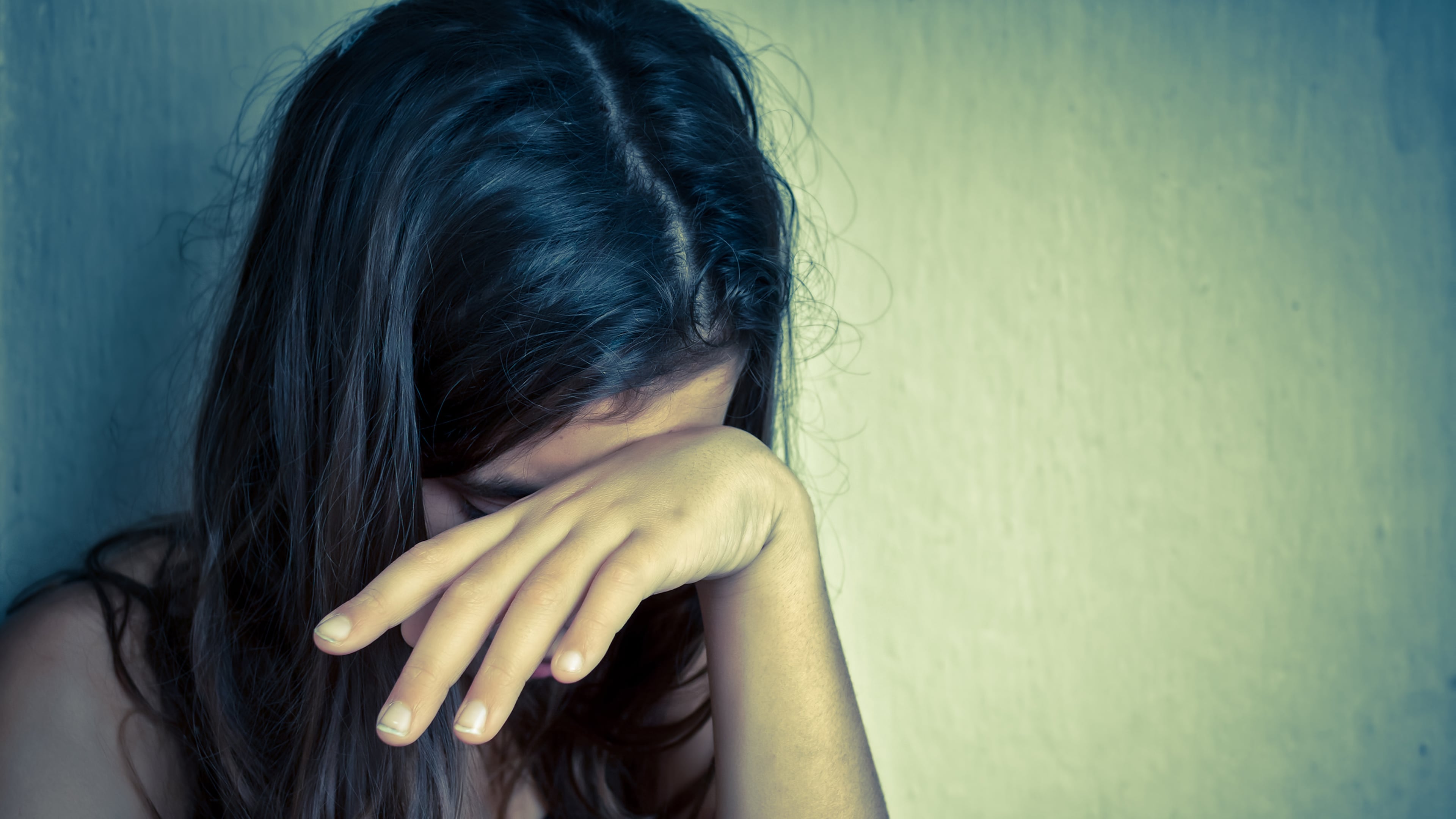Young women are still vulnerable and targets for abuse

Sean “Diddy” Combs isn’t just facing criminal reckoning — his case is a chilling reminder of the dangerous world women and girls navigate every day.
Despite the illusion of progress, too many remain vulnerable in a culture that shields predators, silences victims and monetizes abuse. That reality was underscored this week not only by the public release of a disturbing video of Combs assaulting Cassie Ventura, but also by the signing of the “Take It Down” Act — an attempt to combat revenge porn in the digital age.
President Donald Trump, joined by first lady Melania Trump, signed the bill into law Monday, highlighting how dangerously exposed women, teens and young adults remain when power, technology and broken relationships collide.
Pornhub investigation shows severity of problem
Abuse is not new, especially when fame and fortune are involved. What’s changed is that it’s finally being seen. Caught on camera. Captured in texts. Uploaded in stories. Women are documenting their abuse, but not always surviving the backlash. The message remains the same: Stay quiet or lose everything. Play along, and maybe you survive.
Consider this: According to the CDC, 1 in 4 U.S. women experience severe intimate partner violence in their lifetime. Among teen girls, the numbers are even more alarming. A 2023 CDC report found that nearly 1 in 3 high school girls seriously considered suicide in the past year — a nearly 60% increase over the past decade.
Nearly 1 in 5 girls reported being victims of sexual violence. These are not just numbers. These are our daughters. Our nieces. Our students.
In another troubling development, Pornhub is facing mounting legal pressure in at least 17 states — including my home state of Virginia — for allegedly failing to verify the age and consent of people in its videos. For years, the platform allegedly profited by featuring girls — some of them minors — who were trafficked, coerced or assaulted. :awsuits say the girls’ pain was packaged and streamed to millions without accountability or their consent.

In 2020, a New York Times investigative column said Pornhub was including videos of child sexual abuse, rape and non-consensual acts.
A study by the National Center on Sexual Exploitation found the platform lacked basic safeguards, like requiring verification of age or consent. Only after immense public pressure and corporate fallout did the site begin removing millions of unverified videos. But the damage was already done. We should be asking why it was allowed to happen in the first place.

How women can find their voice
As a former college professor and speaker, I’ve spent years staying close to the next generation of women. I ask them what inspires them, what troubles them and what defines their sense of worth. Not long ago, a friend’s daughter asked me if I’d ever heard of an influencer named Sophia Rain. I hadn’t. I wish I still hadn’t. Rain is a young woman with a wildly popular OnlyFans account who brags online about having had more than 1,000 sexual partners. She is idolized by some and dismissed by others. But the deeper question is: How did we get here?
This isn’t about shame. It’s about systems. We’ve created a culture where young women are told their value lies in their looks, their followers and their access to male-dominated spaces. A world where sexual exploitation is normalized, and silence is incentivized.
We’ve failed to protect girls. And we’ve let entire industries — entertainment, tech, porn, even education — profit from their harm.
More than a decade ago, I wrote “The Woman Code” to help women find their voice, their value and their worth. I never imagined it would feel more urgent now than it did then. But here we are.
That book wasn’t just a collection of affirmations. It was a warning and a blueprint. A warning about defining yourself by what others want from you instead of you knowing your value and worth, first. A blueprint for living by a different code — one rooted in respect, boundaries, faith and truth.
Here are just a few of those codes:
- Know your value. If we don’t teach our girls to value themselves early, someone else will teach them they have none.
- Protect your space in a world that demands constant access
- In a world that demands 24/7 access to women — through their phones, their relationships, their ambitions — our girls must know: You don’t owe anyone your time, your body or your silence.
- And maybe most urgent today: Love is not pain. If someone is hurting you, they don’t love you. If you’re afraid to speak, that’s not intimacy — it’s control.
We have a responsibility — all of us — to raise the standard. Parents. Teachers. Lawmakers. Artists. Platforms. Women. Men. This culture of silence and complicity must end. And it starts by believing women, protecting girls and holding the powerful accountable.
We don’t need more slogans. We need safeguards. We need to give our girls language, tools, courage and community. We need to show them their value isn’t measured in followers, fame or access to a man’s world.
Their value is in who they are. And always has been.
Sophia A. Nelson is an award-winning nonfiction author of four books, including “E Pluribus One: Reclaiming our Founders’ Vision for a United America.” She is an award-winning journalist for her work in Essence magazine. She is a renowned global women’s conference speaker and corporate DEI trainer.


